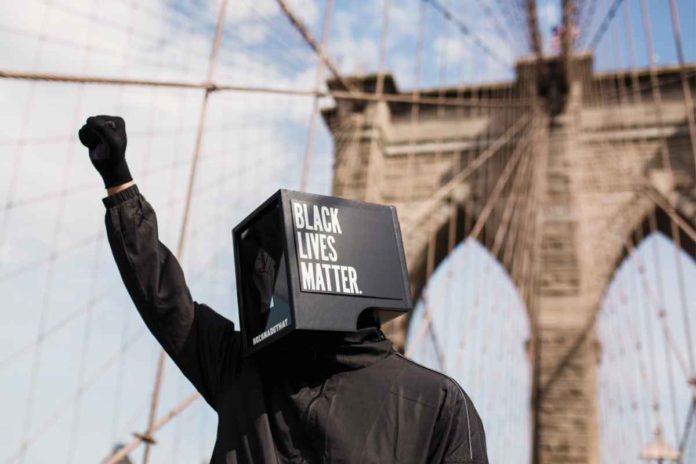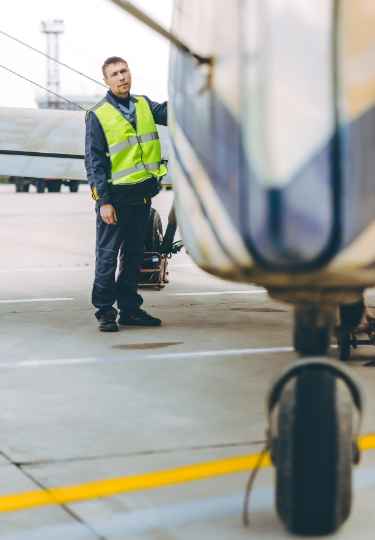We all think of different ideas that may have the potential to grow. However, building a business during VUCA (volatile, uncertain, complex, and ambiguous) environment requires much more work than a robust plan, ability to adapt and courage to accept setbacks. Those who are willing to take the risk are constantly working on building new strategies to overcome the current COVID-19 situation and help their business grow. At this point, young entrepreneurs are utilizing existing opportunities and innovating their products and services to provide effective solutions for global issues. No better than today, which is World Youth Skills Day, to look at the journey of these young entrepreneurs who are reshaping the businesses and making way for a better future. Despite the global halt in most businesses, there has been an increase in entrepreneurial activities, which is mainly driven by innovation.
Several young entrepreneurs believe in turning adversity into an opportunity by creating products and services for the people and the community, who are now getting accustomed to the ‘new normal.’ Two young entrepreneurs, Adwitiya Mal and Mukul Pahwa, have created an innovative venture ‘Dhoond.com,’ which is an artificial intelligence-enabled platform to search blood plasma donors in India needed for the treatment of COVID-19 patients. The platform uses artificial intelligence to match the donor with the patient based on different medical conditions.
Moreover, the patient that recovers from COVID-19, the database maintains their record as they become a potential donor in a few days. Mukul Pahwa, the co-founder of Dhoond.com, stated,
“We have used the AI to build a back-end for the intelligent matching. There are some basic rules defined in AI. I have created some filters like location (city), blood group, age, existing health conditions, distance, etc. based on which the donor-patient match is created. Once a new person enters his personal information, the AI starts running the check, and the match is found from the existing database of the donors.”
Another new venture, Connect360, launched by a team of young entrepreneurs, is a Public relations and content platform that showcase Corporate Social Responsibility (CSR) stories of big corporates with respect to their efforts to battle against COVID-19. Co-founder of Connect 360, Mohita Bahadur, says,
“The fact cannot be denied that we all are going through tough times. However, this is also the right time when professionals like us come together and create a platform which helps us as a professional and help the brands to share their stories with their relevant audience and industry at large.”
Another inspiring example to highlight here is Upcycler’s Lab. The Upcycler’s Lab is dedicated to develop an eco-conscious mindset and behavior among children through play-based learning games such as board games, puzzles, and storybooks. Amishi Parasrampuria, founder of Upcycler’s Lab says,
“Catering to children aged between two and nine-years-old, the Upcycler’s Lab has designed collaborative board games, puzzles, storybooks, and eco alphabet flashcards, based on environment-related topics including waste segregation, forest and wildlife conservation, among others.”
The venture has its global presence with offices located in India, Kuwait, Germany, and Singapore.
The World Youth Skills Day is an opportunity to celebrate the leadership and entrepreneurship efforts of these young leaders in addressing current and future global challenges. The initiatives undertaken by these young entrepreneurs not only inspire but their success stories are a source of motivation for young people who want to take charge as future leaders.




















